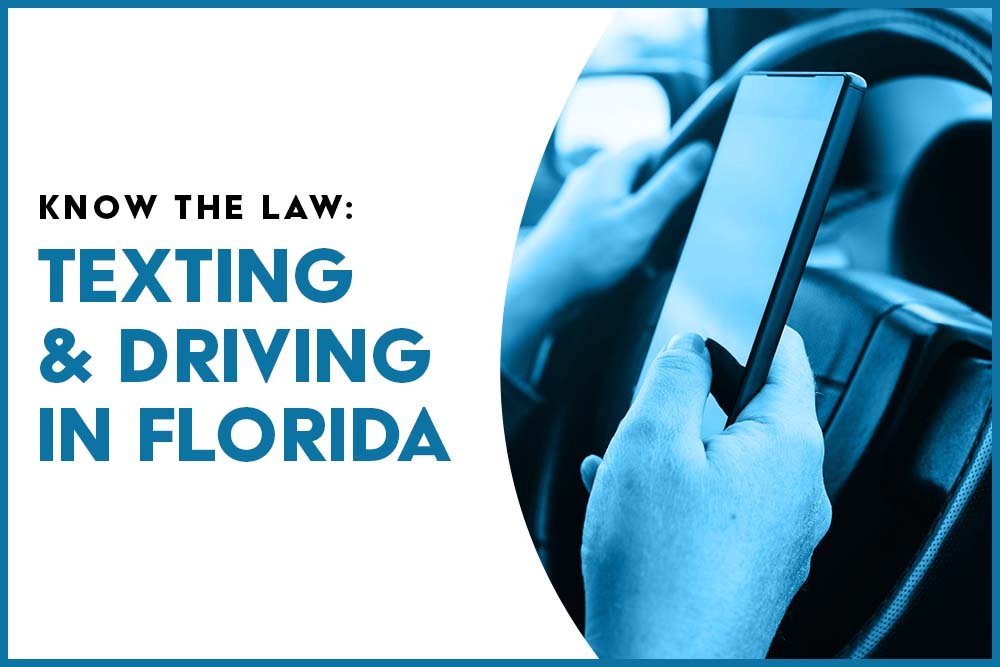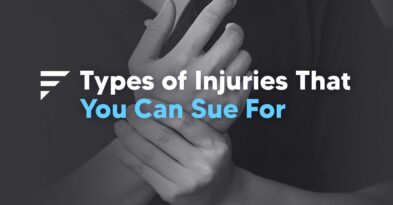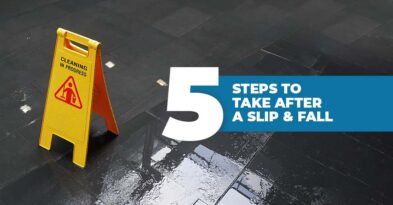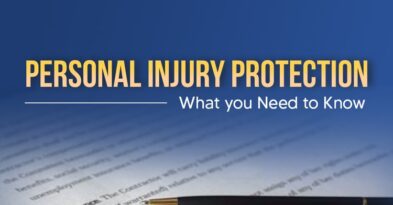Texting while Driving
If you are texting while driving, Florida’s Wireless Communications While Driving Law authorizes law enforcement officers to stop you and issue you a citation. The law, covered in Florida Statute § 316.305, took effect July 1, 2019. But WHAT IS NEW? Before the new ban, texting while driving was only a secondary traffic offense, so police officers could not pull a driver over solely for texting while driving. Now it became a primary offense. But what else? What should I know?
-
Under Florida Statutes section 316.305: “A person may not operate a motor vehicle while manually typing or entering multiple letters, numbers, symbols, or other characters into a wireless communications device or while sending or reading data on such a device for the purpose of nonvoice interpersonal communication, including, but not limited to, communication methods known as texting, emailing, and instant messaging.”
-
It is okay to text if you are stopped at a stop sign, but what else is an exception?
-
Emergency vehicles, such as a police officer, firefighter, or emergency medical services professional.
-
Someone who is calling law enforcement to report an emergency or criminal activity.
-
Individuals who are receiving texts related to safety such as weather alerts, radio broadcasts, or navigation instructions.
-
Drivers who are communicating in a way that does not require that they enter multiple characters.
-
People who are using their devices in ways that do not require reading text messages.
-
Individuals who are operating an autonomous motor vehicle.
-
-
The police officer must inform you of your right to refuse a search of your wireless communications device. The officer is not authorized to access your device or confiscate it without a warrant.
The one exception to this rule is if a crash results in death or injury. If that happens, a motorist’s cellphone billing records will be considered as admissible evidence.
-
Voice texting is allowed at all times, including in school and work zones. The goal of the law is to get people to put their phones down.
-
Tickets issued for a first offense carry a $30 fine plus court costs, which could reach more than $100. The fine jumps to $60 for a second violation within five years.
Texting in a school or work zone will be a moving violation with three points on a driving record, plus a $60 fine.
-
It depends where you are. Work zones and school zones are hands-free areas, which means cell phones, tablets, and gaming systems are off-limits.
-
If you have been injured in a motor vehicle collision caused by a person who was texting while driving, you deserve compensation for your damages. Fischetti Law Group is ready to provide the most complete legal care you deserve.
Call our Boynton Beach Office 561-810-8448 for a free case review and legal consultation.
Contact Us









